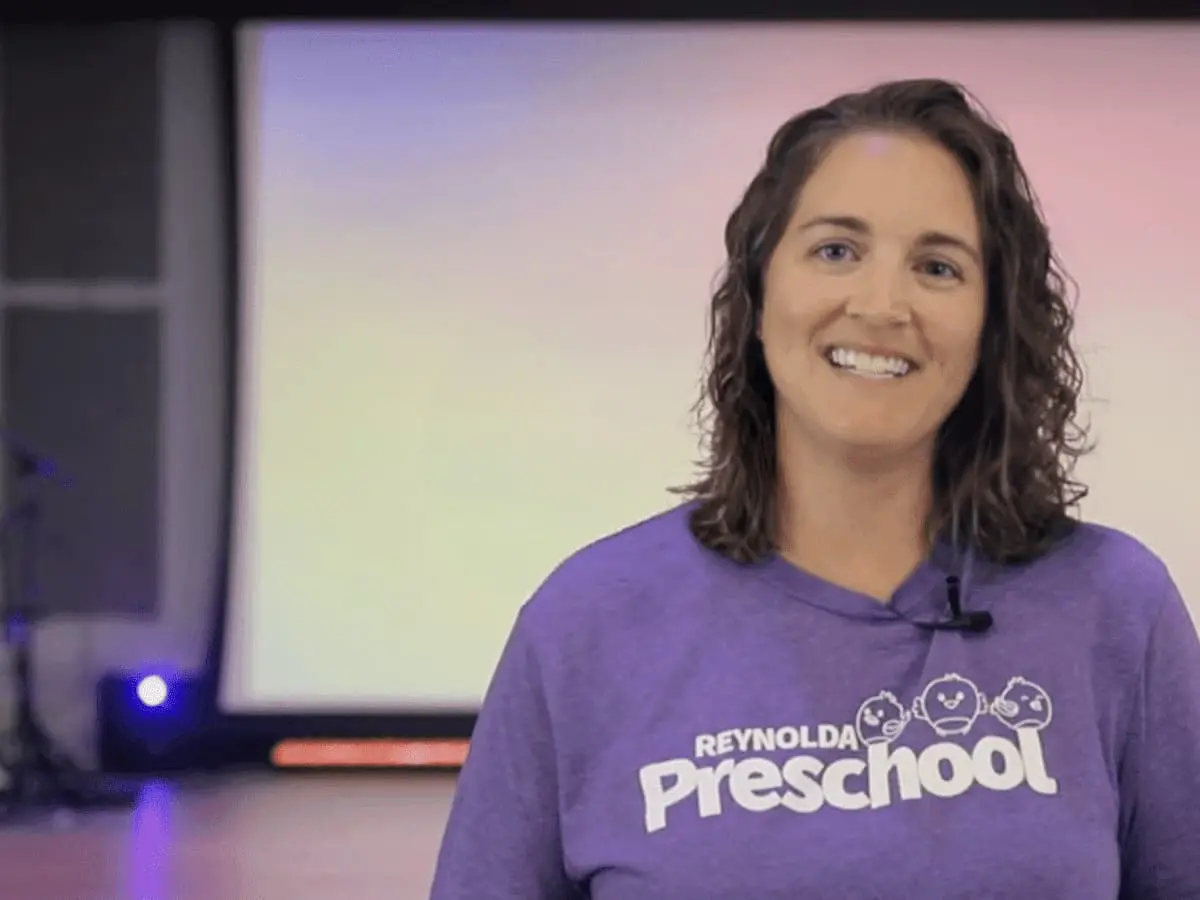settings
children
With Famly since
We hear it all the time: childcare staff burnout and turnover is at an all time high. Preventing burnout and turnover starts before a new teacher walks through the door because their first days and weeks - their new hire orientation to your program - is an important indicator for them if they will be happy at this center.
The nice thing is that you can relate because you’ve been the new teacher before. You know the feeling all too well. The first day on a new job, standing in a strange break room with team members you don't know, clutching your coffee like a lifeline, not sure if you’re allowed to use the fridge.
For early childhood educators, those first days aren’t just about figuring out the snack rotation. They’re about feeling safe, valued, and ready to nurture a room full of small humans. And for you, as the director, a thoughtful new teacher orientation, and onboarding experience, isn’t a “nice to have.” It’s a retention booster, a culture builder, and a direct line to better child and family experiences.
Here’s some practical tips to make sure all your new teachers start off on the right foot.
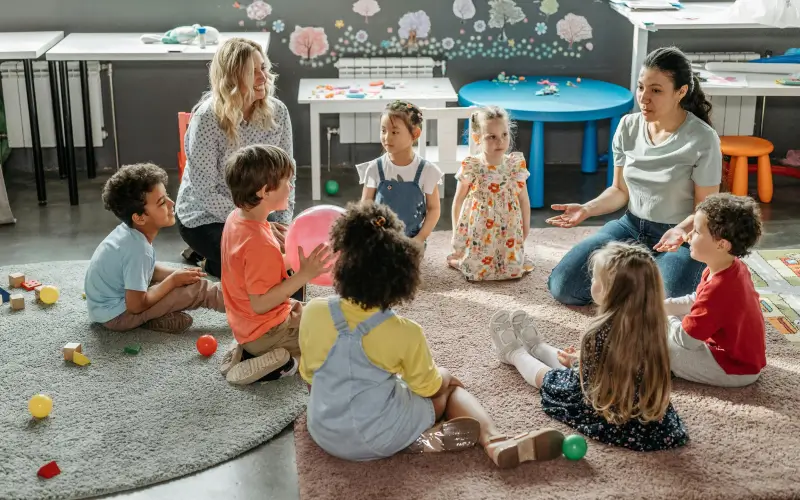
The new teacher orientation process:
Topics to cover:
This may seem obvious, but directors are constantly pulled in a million different directions, with a to-do list on repeat in their head. So, we’re covering all the bases.
- Your mission, philosophy, and curriculum – So they know the bigger picture behind every activity.
- Health, safety & licensing requirements – State regulations, first aid procedures, child supervision, reporting protocols.
Classroom management & positive guidance – Age-appropriate strategies, conflict resolution, and how we communicate with children respectfully. - Daily routines & transitions – What a typical day looks like, including arrival, snack, rest time, and pick-up.
- Family communication – An intro to your parent communication app (if relevant), best practices for communicating with families, and parent-teacher conferences.
- Team collaboration – Staff roles, team meetings, and professional expectations.
- Continued support & professional development - How you support the new teacher in their professional development, where they can find resources, and ensure they know you are approachable and available.
Pro tip: A lot of this can be covered in your Staff Handbook, so you can calm their nerves and tell them they don’t have to memorize everything. Plus, it means less of the same questions over and over again for directors.
Before official day one: Training days
Handbook first, hands-on second
Directors should always invite new teachers into the center for training days before their official first day on the job with children.
That training includes:
- Policies and procedures.
- Safety and compliance requirements.
- An introduction to our curriculum and tech tools.
- Introducing them to as many staff members as possible - especially their mentor, if relevant.
That way, when the official day one arrives, they’re not spending the whole day with their nose in a handbook, and they’re already able to be hands-on with the children, with confidence.

Time to go into the “why”
This isn’t the first time they are hearing about your mission or your curriculum and learning approach. Sharing that is all a part of the interview process and making sure they are a good fit for your center. But, orientation is the time to dig deeper and turn those concepts into practical, everyday actions.
During the interview, they might hear “We follow a play-based approach.” But, during orientation, they’ll see exactly how that looks in our classrooms, how to set up play invitations, and how to document learning moments.
For example: Don’t just say that you greet families at the door, or that you sing songs during transitions. Explain why you greet families at the door or why singing songs is helpful for the children.
The big ideas
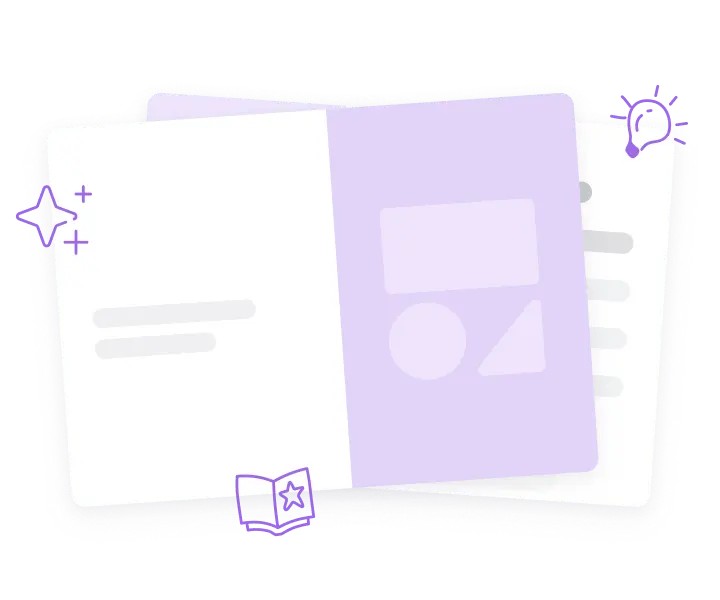
Activities for training days
Here are some fun ideas to help your new preschool teacher get comfortable and confident in the classroom before they dive into hands-on activities with children:
- Scavenger hunt: Give them a list of items to find (art supplies, first-aid kit, daily schedule, emergency exits). This helps them get familiar with where everything is.
- Shadow a mentor: Let them “shadow” a lead teacher for part of the day to watch how things flow.
Bonus! Ask them to take… - Observation notes: Have them observe another classroom’s circle time, free play, and transitions. Encourage them to jot down what they notice about routines, teacher language, and classroom management.
- Practice setting up activities: Ask them to set up an art activity or sensory box following a theme, then walk through how children might use it.
- Labeling & organization: Have them help prepare cubbies, label supplies, or refresh bulletin boards. Hands-on familiarity with the classroom environment builds ownership.
- Toy & material audit: Assign them to check puzzles, manipulatives, and books for missing parts or damage. This is a great way to practice maintaining a classroom environment that is safe, and age appropriate.
- Role-play transitions: Go through a mock transition (lining up, handwashing, cleanup). They can play the role of teacher while colleagues pretend to be children.
- Emergency drills: Walk through what to do in case of fire, lockdown, or weather emergency. It’s not necessarily a fun activity, but it can really help to actively go through the steps, rather than just read about it. Let them know when the next planned drill will take place.
- Behavior scenarios: Present common situations (two children fighting over a toy, a child refusing to clean up). Ask how they’d respond, then talk through strategies.
- Positive language practice: Have them rewrite “don’t” statements into positive redirections (e.g., “Don’t run” → “Let’s use walking feet”).
- Storytime rehearsal: Ask them to practice reading aloud a favorite picture book to you or another staff member before trying it with kids. Encourage them to prompt children to predict what happens next or explain new vocabulary words. It seems simple, but it’s a common activity that can really impact children’s development!
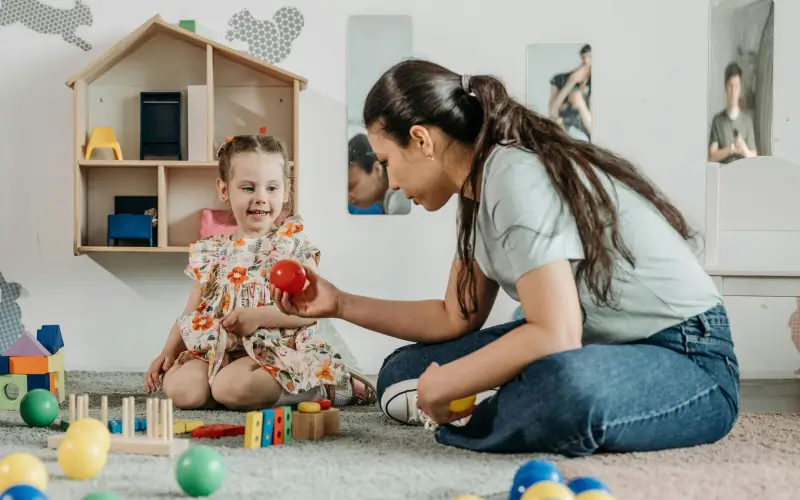
Empower them with the right tech tools (like Famly)
Starting a new job comes with enough passwords, apps, and logins to make anyone’s head spin. The sooner you can help new teachers feel confident with your tech, the quicker they’ll feel like part of the team - rather than someone who’s “just trying to figure out the system.”
Here’s how to make tech feel simple (and not another stressful part of the new teacher experience):
- Start with the “why.” Show them how your tools (whether it’s Famly or another platform) aren’t just digital busywork. They’re there to save time, keep classrooms organized, and make communication with families smoother. When teachers see the bigger picture, they’re more likely to get excited, rather than think of it as just another thing to upkeep and manage.
- Give them a guided tour. Instead of handing over a login and hoping for the best, walk them through the basics: how to send a message to a parent, log a nap or diaper change, upload a photo, or check the daily schedule. Keep it hands-on so they’re actually tapping buttons and trying it out themselves.
- Pair it with real-life scenarios. Show how Famly fits into their daily flow, like
- “Here’s how you’ll share updates with families after circle time.”
- “Here’s where you’ll see staffing schedules and classroom ratios.”
- “Here’s how you’ll track learning moments during play."
- Make it fun. Try a short “tech scavenger hunt.” For example: “Find where to log snack time,” or “Send a test message to your mentor.” This lets them explore without pressure, and ensures they know where to click when it really matters.
- Offer cheat sheets & support. A quick one-pager with screenshots and a reminder that questions are always welcome goes a long way. Orientation is about setting a tone of support, not perfection.
By building Famly and other tech tools into orientation early, you’re not only helping teachers feel more prepared, but also reinforcing your center’s culture of communication, collaboration, and transparency. When teachers can spend less time fumbling with systems, they can spend more time on what really matters - nurturing the children in their care.
Orientation is just the beginning
New teacher preparation and orientation is your chance to turn a “newbie” into a future rockstar teacher who feels confident, connected, and valued from day one. A little prep now saves a lot of stress later, and keeps your team (and your families) happier for the long run.
Get started today with this new orientation checklist made just for early childhood providers.
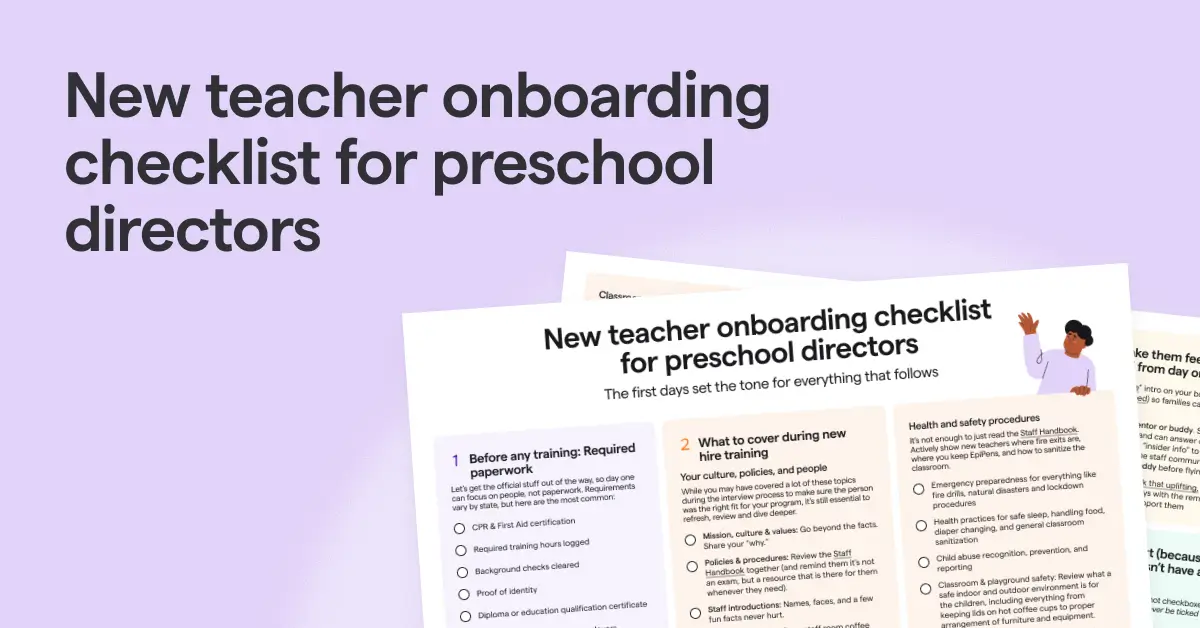
Top tips from Reynolda Preschool
Get top tips from a preschool just like yours. Hear from Reynolda Preschool on why and how they use Famly - and why they’ve never looked back.
Read their story




.webp)



%20(2).png)
